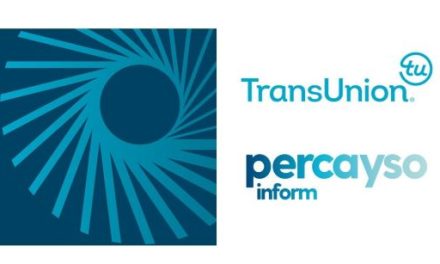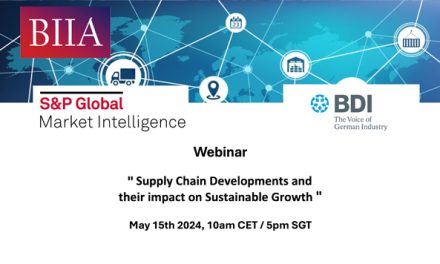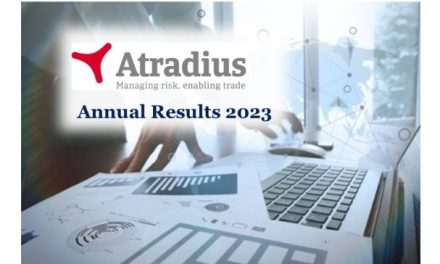The US Securities and Exchange Commission approved a proposed rule to require companies to report on climate-related risks. This regulation will serve as a key catalyst to accelerate the adoption of environmental, social, and governance (ESG) solutions by companies and investors.
What to Know and Why It Matters
The US SEC is moving forward with a mandate to require public companies to provide estimates of direct and indirect greenhouse gas emissions that impact the global climate. The objective is to offer investors more visibility on companies’ climate-impacting business practices while enabling companies to benchmark their sustainability efforts. Such added insight and benchmarking will enable investors to fulfill their fiduciary duties to their clients and let corporate strategists better position their companies for success.
The regulation, referred to as the “SEC Climate Rule,” will apply to all the public companies registered with the US SEC. This means the ruling will impact 4,300+ exchange-listed public companies with an aggregate market capitalization of about $30 trillion.
The SEC Climate Rule will require these companies to report:
- Their greenhouse gas emissions
- How climate-related risks may affect their revenue and earnings over the short, medium, and long terms
- How climate-related risks may affect their business models or strategies
- How they are governing their climate-related risks
The rule also requires these companies to develop a transition plan to move from a system that reports financials to one that reports both financials and climate-related risks. This plan will detail the companies’ climate-related targets and milestones as well as a systematic means to share progress.
The Paris Agreement, Net Zero Climate, and the Green New Deal are just a few examples of global climate legislation and initiatives that helped drive the SEC Climate Rule. In a globalized economy where the corporate supply chain extends across regions, this rule is set to accelerate the need for ESG insight among companies and their international suppliers and partners in order to obtain a holistic perspective on the total carbon footprint of their finished products. This intelligence will also offer investors the ability to perform greater due diligence on their ESG-based portfolios.
 Analyst Rating: Positive – Will Jan
Analyst Rating: Positive – Will Jan
Outsell assigns a positive rating to the US SEC’s directive because regulations will drive a standard reporting framework that is more powerful than self-imposed corporate mandates. A growing number of companies have been taking part in Net Zero Climate since the Paris Agreement was established; the SEC Climate Rule will solidify those efforts in the US and will also drive home the need for others in the world to do so. This reinforces an existing requirement, as many European companies have already established their own corporate mandates that will not allow them to work with partners and suppliers that are not on board with the Paris Agreement.
These corporate mandates have prompted many companies to take part in climate initiatives to stay relevant in the global arena. However, these mandates remained largely optional, so any company willing to sever business ties need not have taken part. With regulations, however, not taking part becomes a compliance violation, changing the position from being able to divert business elsewhere to not being able to conduct business at all.
Source: Outsell Inc. – a Co-founder of BIIA
The opinion expressed in this document does not necessarily reflect the opinion of BIIA nor its members.


























